Apply Now if You Want to Study in Norway
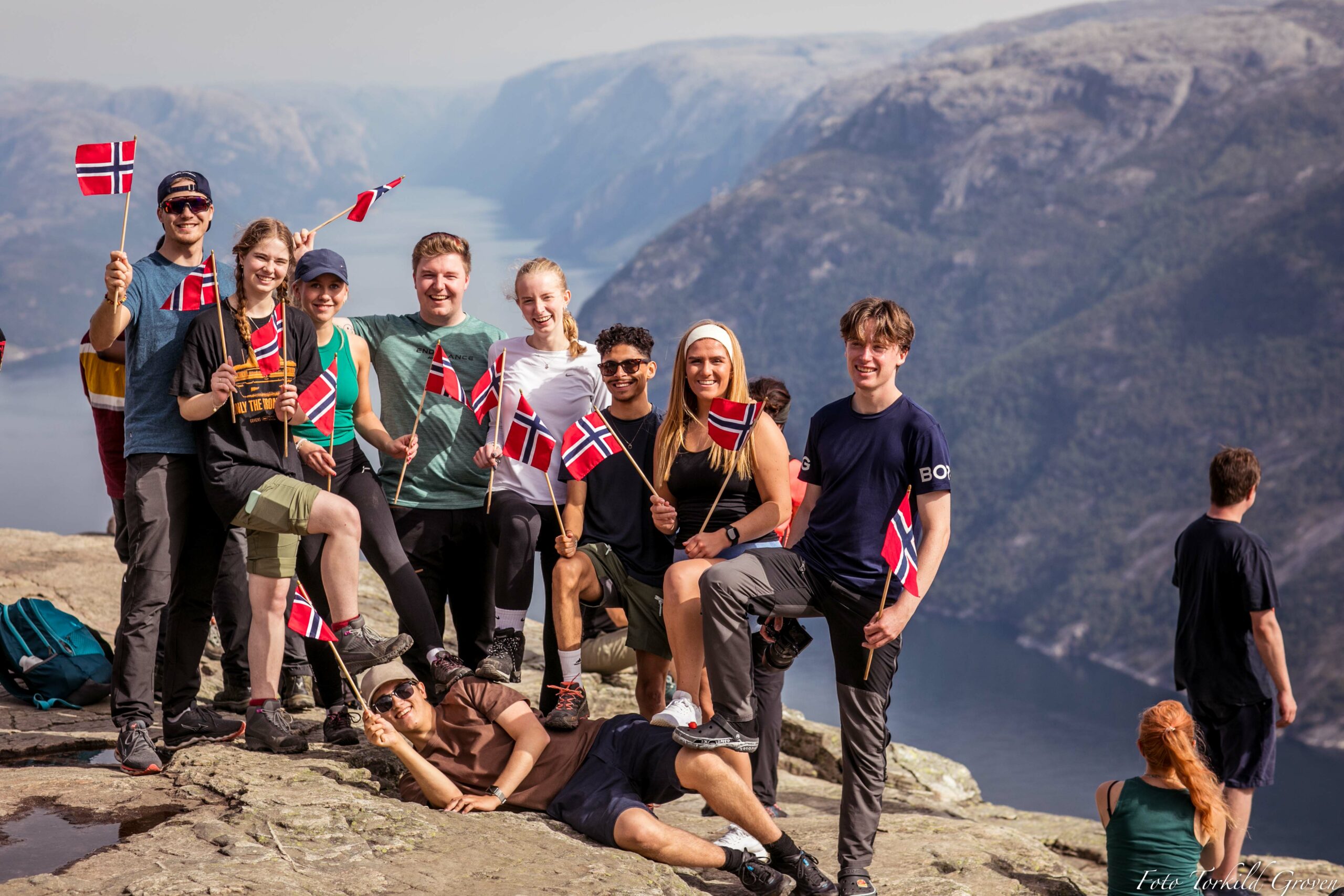
Are you looking for a way to study in Norway? A way to learn Norwegian? And a way to live with Norwegians and make friends for life? The Norwegian Folk High Schools may be the answer you’re looking for.

Are you looking for a way to study in Norway? A way to learn Norwegian? And a way to live with Norwegians and make friends for life? The Norwegian Folk High Schools may be the answer you’re looking for.
Folk High Schools are colleges, not high schools. Most of our students are between 18 and 25. The majority of our students are from Norway, but we welcome students from all over the world.
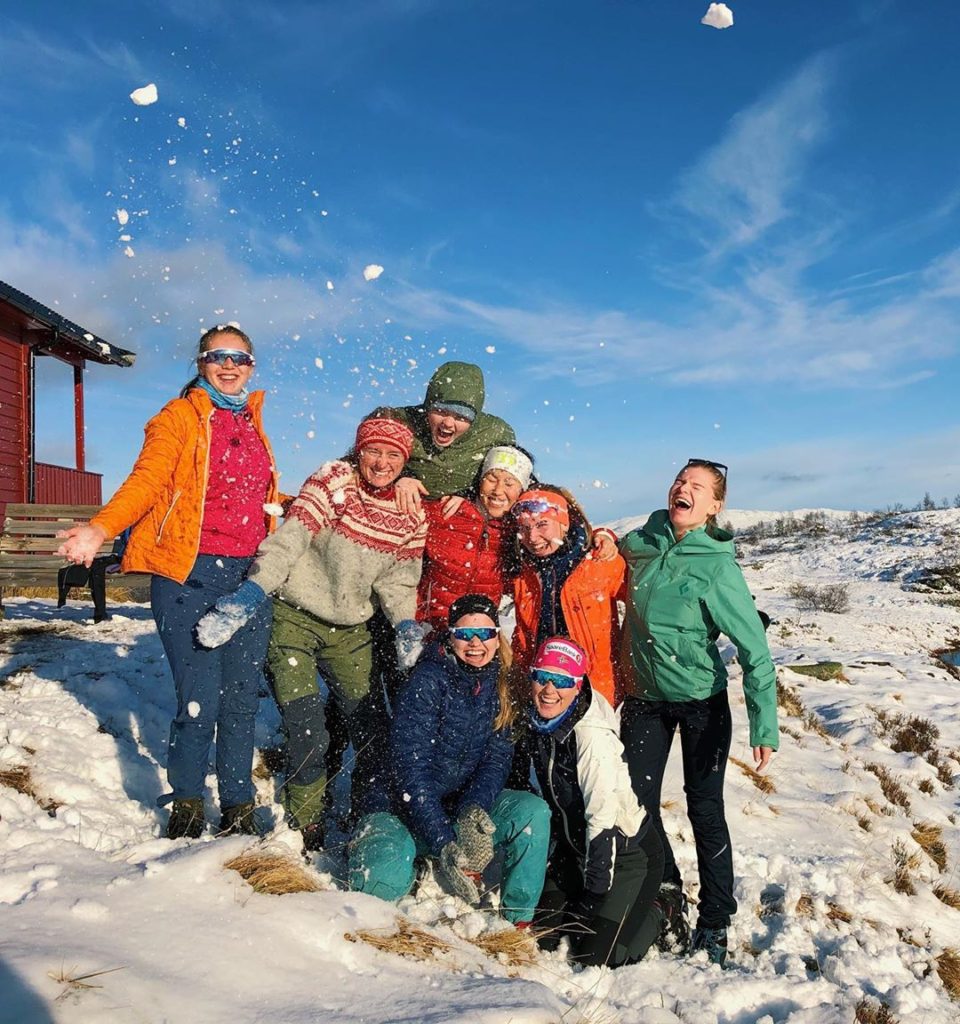
Enjoy the Norwegian nature and make Norwegian friends at a Norwegian folk high school. Picture: Mathilde Hjelmeland, Voss folkehøgskule
Most of our courses are from August to May, but we also have some shorter courses from August to December or from January to May. Our international students can choose between applying for one of our courses in Norwegian language and culture or one of the 900 courses given in Norwegian. If you choose the latter, the teachers will speak English to you in the beginning, but they’ll expect you to learn enough Norwegian to understand what is being said, even if you choose to reply in English throughout the school year.
The variety is huge. You can learn everything from being a Viking to Outdoor living. From Art to Acting. And from Environmental issues to eSport.
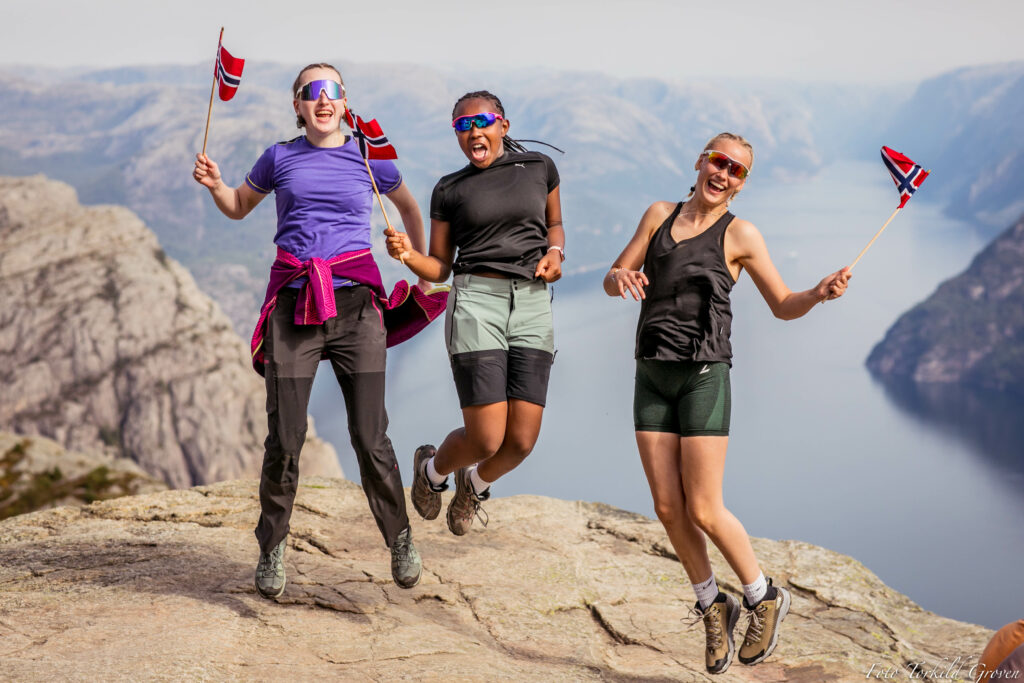
Folk high schools are an amazing way to get to know Norwegians. Picture: Torkild Groven, Karmøy folkhøgskule
Folk High Schools are very popular in the Nordic countries but are almost unknown in the rest of the world.
Folk High Schools are one-year boarding schools offering a variety of exciting non-traditional and non-academic classes, as well as academic classes. The idea of Folk High Schools is learning for life, an opportunity to grow both individually, socially, and academically in small learning communities.
All students live on campus in close contact with the staff and their fellow students. One important part of the Folk High School experience is to form a community, in and out of class.
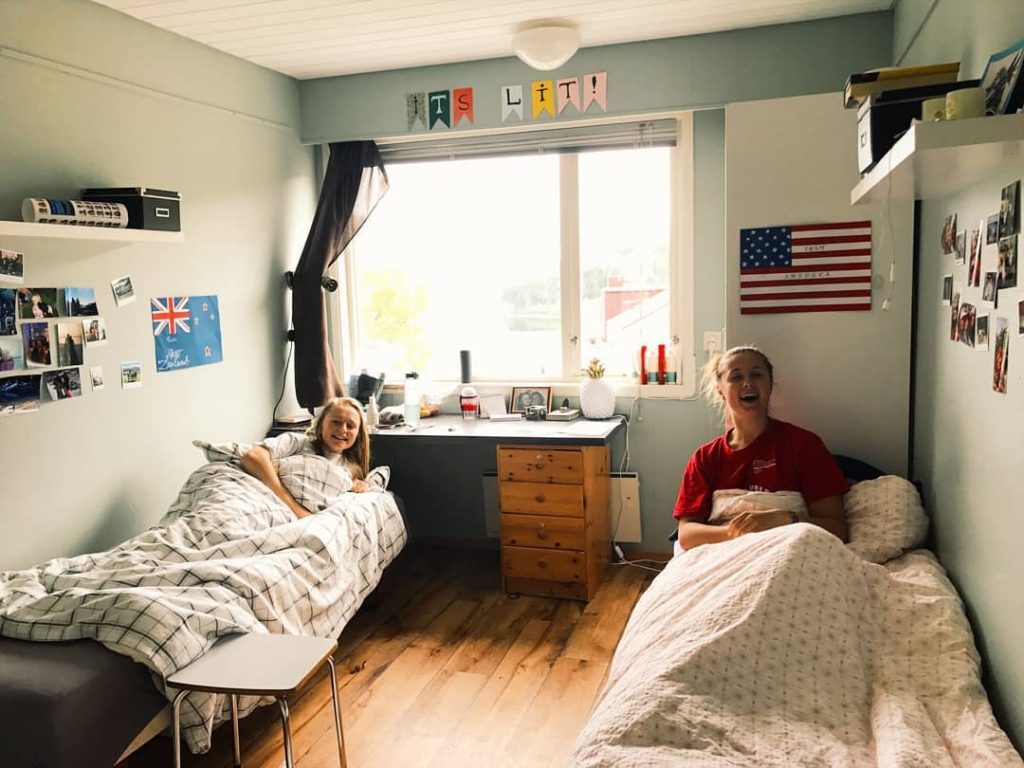
All our students live at the Folk High School and often share the room with one other student. Folk High Schools are more 24/7 schools than 9-5. Picture from Nordvestlandet folkehøgskule.
There are 84 folk high schools in Norway–from Svalbard in the north to Mandal in the south. Some schools are in major cities, but most of them are situated in smaller towns or in the countryside. They’re small schools with 40 to 180 students.
Folk High Schools do not grant degrees or conduct exams. They are a supplement to the regular education system, with the aim of nurturing «the whole person.»
You develop knowledge in a subject you will make use of every day for the rest of your life: yourself. By taking away the pressure of grades and exams, you learn to motivate yourself.
For many of our international students, the Folk High Schools are a great way to start their student life in Norway. They learn Norwegian, get Norwegian friends, and they experience the Norwegian way of life. This is a great stepping stone when they, later on, want to study at one of the Norwegian universities and colleges.
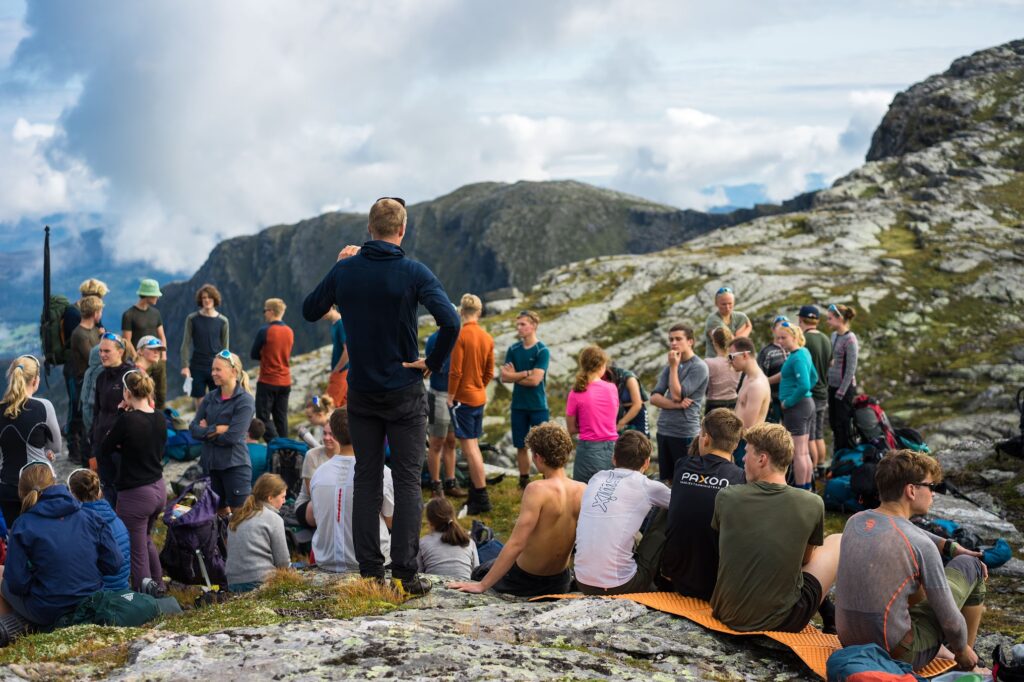
Folk High Schools are a great way to explore Norway. Picture: Eirin Myklebust, Nordfjord folkehøgskule
You have to pay tuition at the Folk High Schools, but it’s not the classes you pay for. The Norwegian state pays for those.
What you pay for is your room and food, student trips, and for materials you use at the school. The price varies from school to school, but since the Folk High Schools are non-profit, the prices are generally low compared to the price of rent and food in Norway.
You can apply now. It’s generally recommended to apply early if you come from a country where you need a student visa to come to Norway. Student visas can take some time to process.
You can read more about how to apply to one of the folk high schools here
You can read more about how to apply for a study permit here.
Do you have questions about the school or the classes? Don’t hesitate to ask. There’s an email adress on all the courses so you can ask directly to the school you’re interested in.
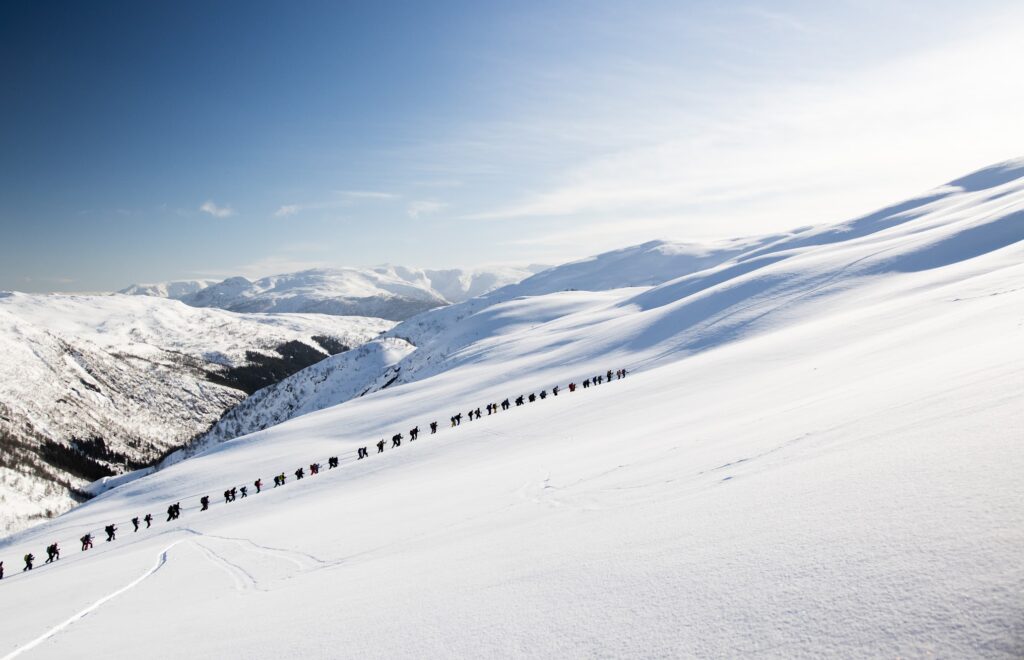
Is this you next Winter? Picture: Johannes Sløgedal, Nordfjord folkehøgskule